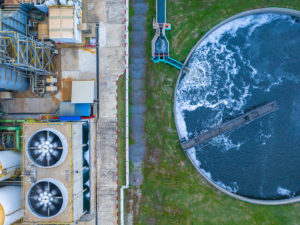-
 Tail Light 1 x $80.00
Tail Light 1 x $80.00 -
 Wiper Blades 1 x $80.00
Wiper Blades 1 x $80.00 -
 Suspension 1 x $80.00
Suspension 1 x $80.00 -
 Air Filter 1 x $80.00
Air Filter 1 x $80.00 -
 Car Brakes 1 x $80.00
Car Brakes 1 x $80.00
Overview
The Water treatment plants are used to make the source waterappropriate for your specific industrial end-uses by removing undesirable contaminants from water.
Numerous physical, chemical, and biological processes are used in your industrial WTPs. Where we come in is to understand your specific needs and the end usage of the treated water and design a water treatment solution to that. This is done after stringent water testing to understand the quality of water.









